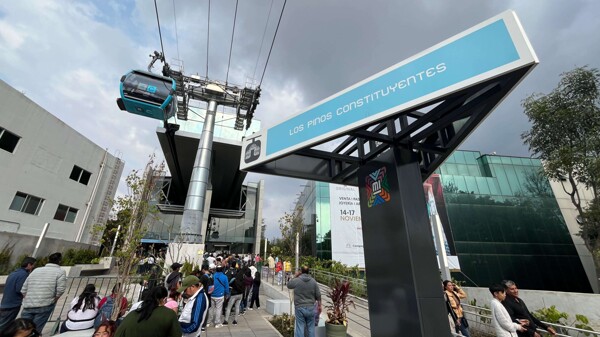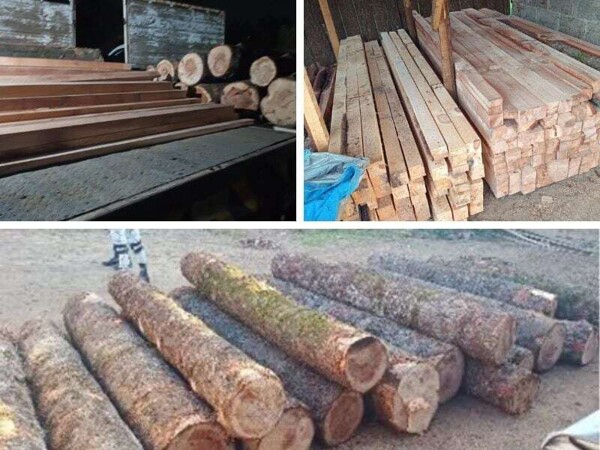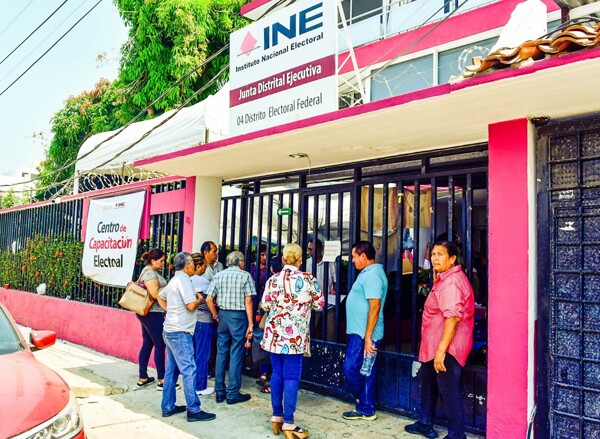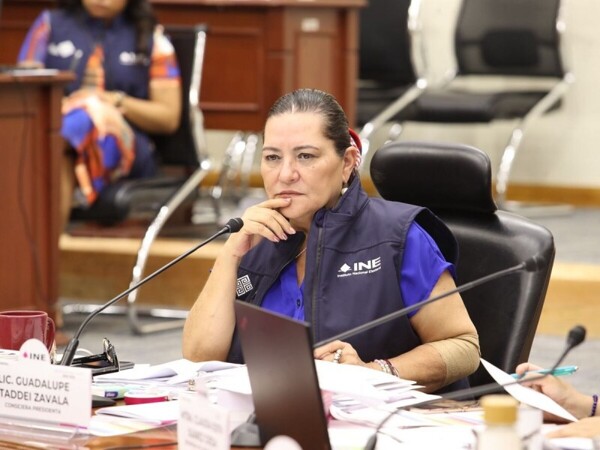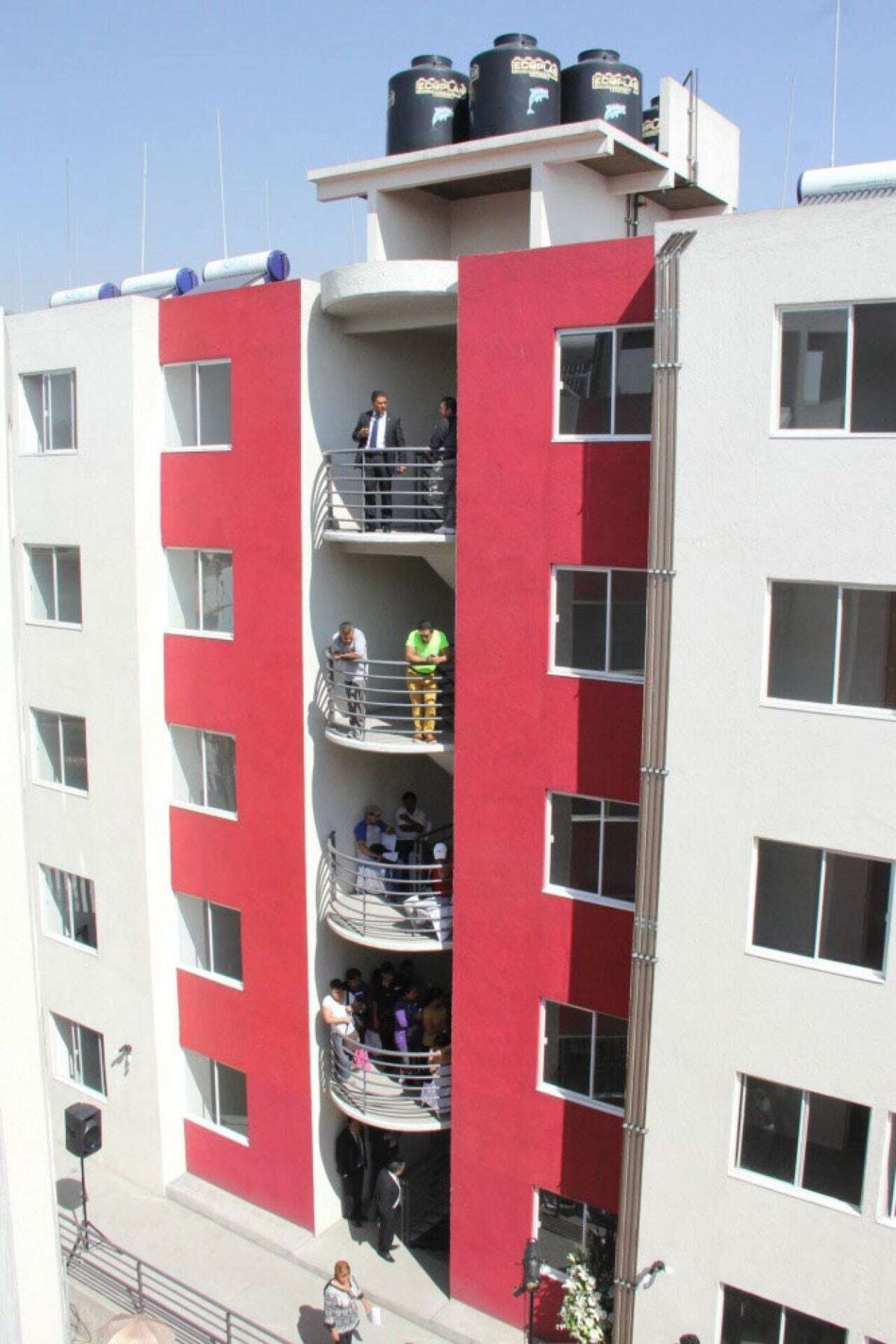
In the real estate market, digital tools play a crucial role in transparency and reliability by creating a traceable environment that encourages sustained growth. According to the consulting firm Tinsa, in 2023, 54% of home sales in Mexico were concentrated mainly in Nuevo León, Jalisco, Estado de México, Quintana Roo, Guanajuato, Chihuahua, and Baja California, while Mexico City dropped out of the rankings. Nuevo León and Jalisco led national sales, each with a 13% market share.
The national real estate dynamics stand out in states like Quintana Roo and Chihuahua due to factors such as beach tourism and the arrival of industries, such as nearshoring, that drive property demand. The importance of having property deeds is reflected in the Ninth Notarial Services Survey in Mexico City in 2023, where 51% of the population has their home deeded. However, 60% of property sales in the country are conducted informally, which contributes to insecurity and price fragmentation in the market.
The president of the College of Notaries of Mexico City, Luis Antonio Montes de Oca, points out that currently, one in two capital residents possesses a deed, but there is still a challenge for more people to choose the legal certainty of their properties. In Mexico, only 30% of properties for sale are on digital platforms, unlike countries like the United States where 97% of buyers use the internet to search for homes.
To promote the formalization of the real estate market and build trust in online transactions, it is necessary to eliminate friction in processes and facilitate the adoption of digital platforms. The deed process for a property is not costly, and there are programs like the Notarial Day that offer discounts of up to 80%. Despite this, a considerable part of the population still finds the deed process complex or unnecessary, which reflects the need for greater education on the subject.











